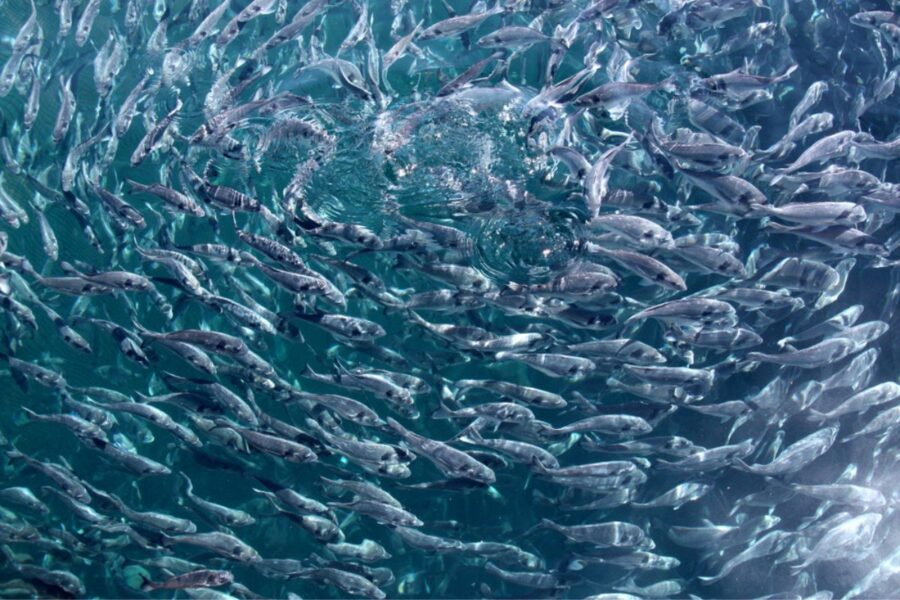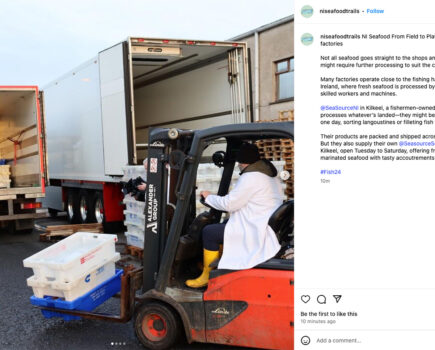Scottish MSPs agreed last week to support a new visa system for rural areas where there is a real issue with sourcing workers, including farming, fish farming and the fishing industry, reports Andy Read.
Publication of the proposed pilot scheme acknowledges that such an issue is vested in the UK government in Westminster, and cannot be introduced by the Scottish government unilaterally.
The proposal, modelled on a study of the benefits of a programme in rural areas of Canada, has been developed jointly by rural councils in Scotland, the Scottish government, and industry partners across some of Scotland’s most remote rural communities.
It follows a 2019 report by the Migration Advisory Committee. The then home secretary Sajid Javid accepted its recommendation to develop a pilot scheme in a written ministerial statement on 23 July, 2019.
A unique aspect of the suggested pilot was that local employers and communities would agree the details of the employment needed, which would then be advertised, with successful foreign candidates being supported by local communities through the Home Office vetting and approval process.
Following publication of the Holyrood proposals last week, rural affairs secretary Mairi Gougeon has written to the UK government setting them out alongside a wider call for a tailored migration policy which meets the needs of Scotland’s economy, public services and communities.
Mairi Gougeon said: “The proposal sets out exactly how a bespoke immigration solution could be delivered at a local level in Scotland, now. These are interventions that can work in Scotland, just as they have worked in Canada.
“That is why we are calling upon the UK government to make the required reforms to its ‘one size fits all’ immigration system with immediate effect, to avoid ongoing and further damage being done to Scotland.”
Mike Park, CEO of the Scottish White Fish Producers’ Association, a key partner in the Fishermen’s Welfare Alliance, which has set up its own crewing agency to bring in foreign fishing crew, modelled on best working practices for international employment, told FN: “Anything that resolves the critical crewing issues we are seeing, particularly in Northern Ireland and the west of Scotland, has to be welcome.
“Strategically, in the long term, we may need a tailor-made solution, but in the short term, we would very much welcome UK government agreement to this pilot.”
Shetland Council was involved in the development of the proposals, and Councillor Emma MacDonald said: “Shetland has incredible economic opportunities arising over the next few years, with developments in space, energy and decommissioning emerging alongside the continued high performance of our more established sectors such as fishing, aquaculture, construction and agriculture.
“However, an ageing demographic and shortage of key skills means that we are experiencing real struggles in growing our industries and maintaining key services, threatening economic prosperity and the potential for growth.
“The proposed rural visa pilot will recognise the pressing need for bespoke measures to address these challenges in rural areas.”
This story was taken from the latest issue of Fishing News. For more up-to-date and in-depth reports on the UK and Irish commercial fishing sector, subscribe to Fishing News here or buy the latest single issue for just £3.30 here.








